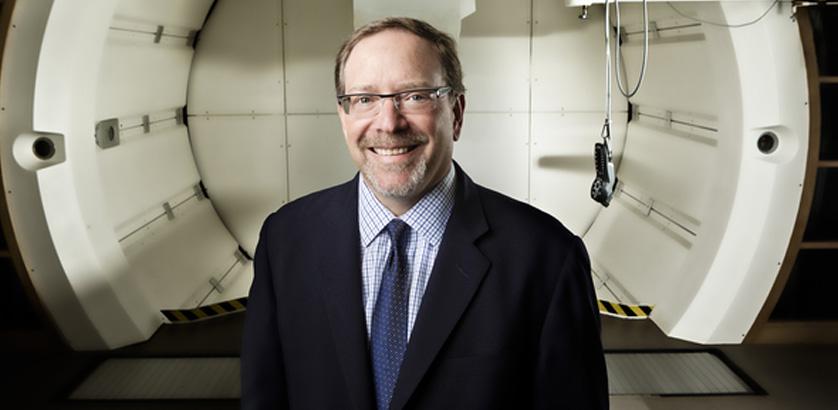Executive Director Message

The 2019 meeting of the American Society of Clinical Oncologists included at least two research presentations about proton therapy that deserve a closer look.
First, a study1 from the University of Pennsylvania and Washington University in St. Louis that suggests a significant reduction in side effects for patients treated with proton therapy versus photon therapy, also known as X-ray therapy. Researchers analyzed the data from 1,483 adult non-metastatic cancer patients with various types of cancer who received a combination of chemotherapy and radiation therapy. Of the patients who received proton therapy, 11.5% had a side effect that required hospitalization within 90 days of treatment, while 27.6% of photon patients were hospitalized. Disease-free survival and overall survival rates were similar for both groups. This is more evidence that proton therapy is a highly effective cancer treatment that provides patients an excellent quality of life compared to conventional radiation.
Second, a study2 from the University of Western Ontario, London, Canada, that assessed online advertising and marketing claims made by proton centers. The researchers questioned whether centers’ claims were consistent with international consensus guidelines for usage of proton therapy to treat cancer. They found that 58% of proton center websites did not cite references for claims being made. The UF Health Proton Therapy Institute is at the forefront of clinical research and discovery as part of an academic health center. Sharing credible, accurate, reliable information with patients and those recently diagnosed with cancer is of utmost importance. It is why we include medical journal article references on our website. We are committed to treating patients who can most benefit from proton therapy. Through high-quality clinical trials we rigorously document patient outcomes, including for cancers that may not be included currently in international guidelines for proton therapy. This is how medicine moves forward. We must ask the questions, design the studies, perform the research, document and report outcomes to understand the full potential of proton therapy in cancer care.
Stuart L. Klein
Executive Director
1“Comparative effectiveness of proton therapy versus photon therapy as part of concurrent chemoradiotherapy for locally advanced cancer.”
2“Online advertising and marketing claims by providers of proton beam therapy: Are they guideline based?”
